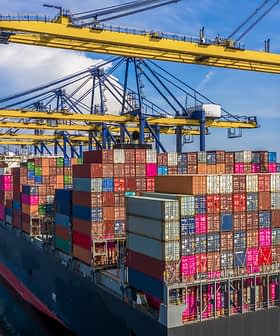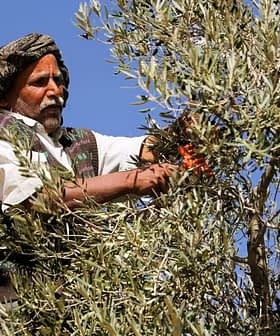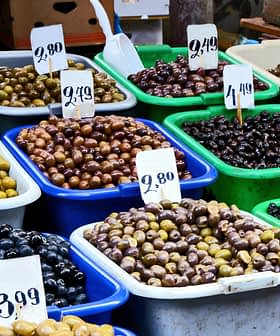Europe to Push U.S. for Solution on Olive Oil Pesticide Limits
Italian Member of the European Parliament Sergio Silvestris is pushing for maximum pesticide residue levels for olive oil imports into the United States, as 98 containers of Italian extra virgin olive oil were detained in U.S. ports due to concerns about chlorpyrifos-ethyl. European Commissioners have pledged support for finding a solution during bilateral trade talks in September, as similar issues with pesticide controls on European wine exports to the U.S. have also been reported.

The need for maximum pesticide residue levels for olive oil imports into the United States will be raised during transatlantic free trade agreement talks in September, according to Italian Member of the European Parliament Sergio Silvestris.
Silvestris had called for this back in March when he told the Parliament that 98 containers of Italian extra virgin olive oil were at the time detained in the ports of New York and Seattle over concerns about traces of the pesticide chlorpyrifos-ethyl.
Silvestris’s spokeswoman told Olive Oil Times this week that 60 of the containers were later cleared for entry into the U.S. but the rest had to be reshipped to other countries.
E.U. Commissioners pledge support
She said Silvestris had met this week with European Commissioner for for Health and Consumer Affairs Tonio Borg, who had promised to try to find a solution in the context of the bilateral talks in September.
European Trade Commissioner Karel de Gucht has also promised his support for “any submission for the approval of the substance in olive oil or any petition for the establishment of an import tolerance to the US authorities.”
In response to a written question in Parliament by Silvestris, de Gucht said that although the pesticide chlorpyrifos-ethyl was widely used in the U.S. and a maximum residue limit (MRL) had been established for other products, none had been set there for olive oil.
“As a result, any trace of the substance in olive oil being imported into the US leads to the refusal of the shipment,” he said.
According to Silvestris, for several years Italian exporters extra virgin olive oil have been having “considerable difficulty” importing into the U.S. because of residues — although minimal — of chlorpyrifos-ethyl, “a pesticide whose use is authorised in Italy and Europe in olive cultivation.”
Wine exports also affected
Problems with exports of European wine to the U.S. were the subject of a similar question to the Parliament last month which also reported an increase in problems with pesticide controls on imports into the U.S.
“A prime example is penconazole, which is approved for use on grapes in the E.U. but is an unregistered pesticide in the U.S.,” a group of parliamentarians led by Italy’s Herbert Dorfmann wrote.
“Products with trace amounts of these substances are rejected by U.S. Customs because of the existing zero-tolerance principle, even though there is no health risk to the consumer,” they said.
They called for an effective solution to be sought in the coming negotiations, such as part of the sanitary and phytosanitary standards chapter of the possible free trade deal.









